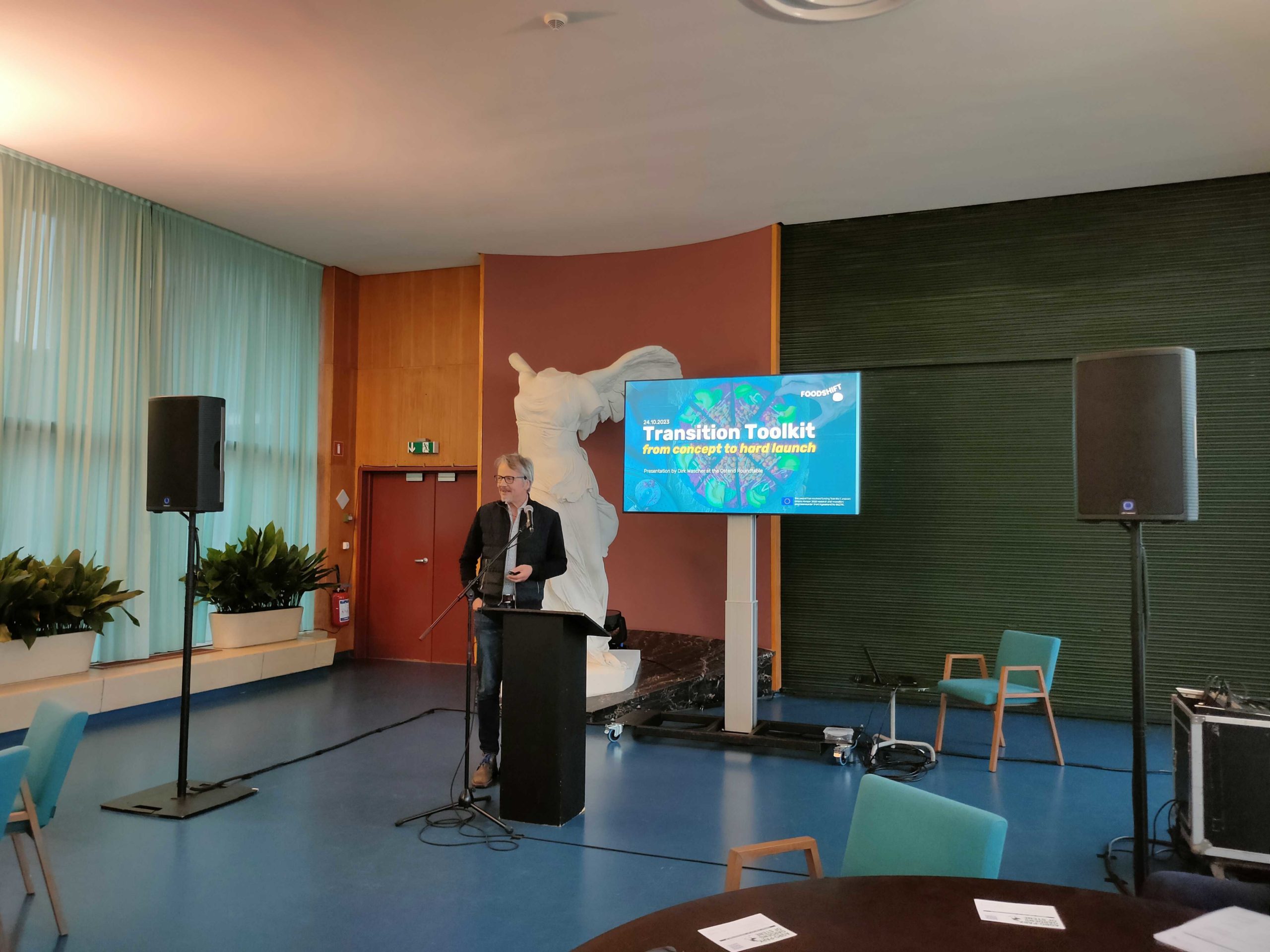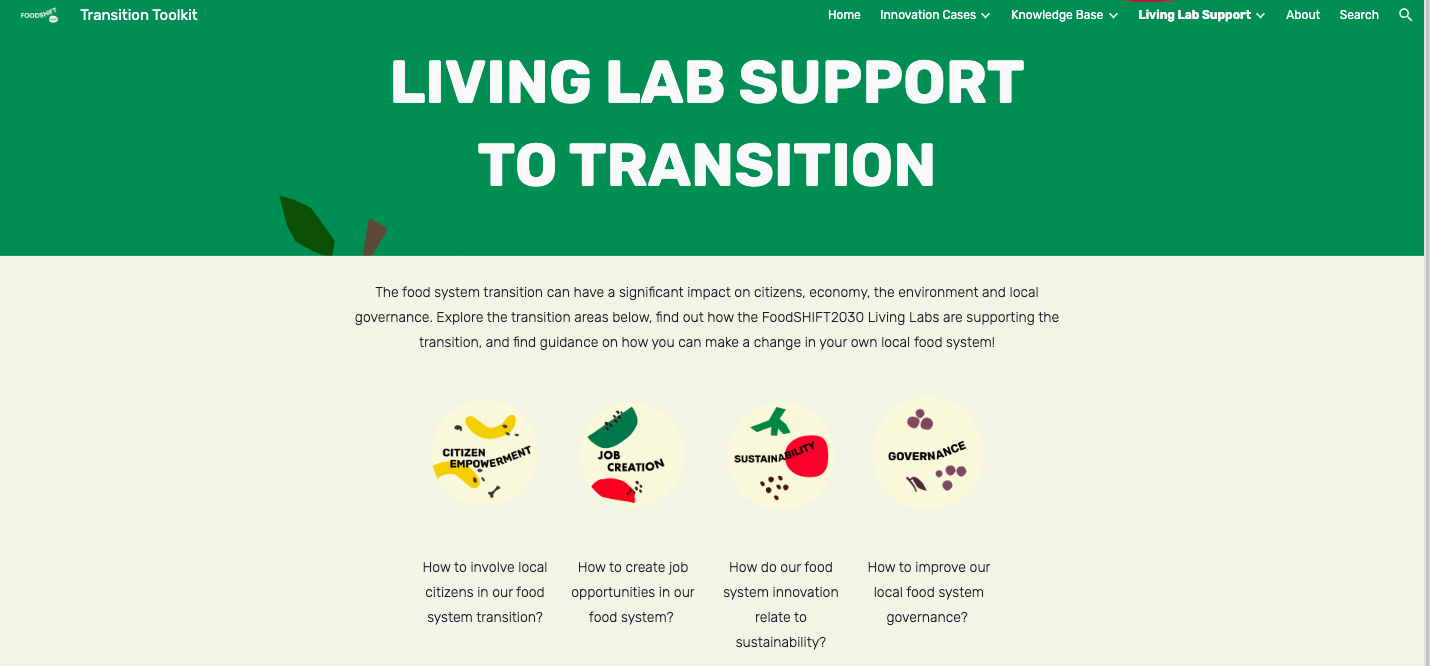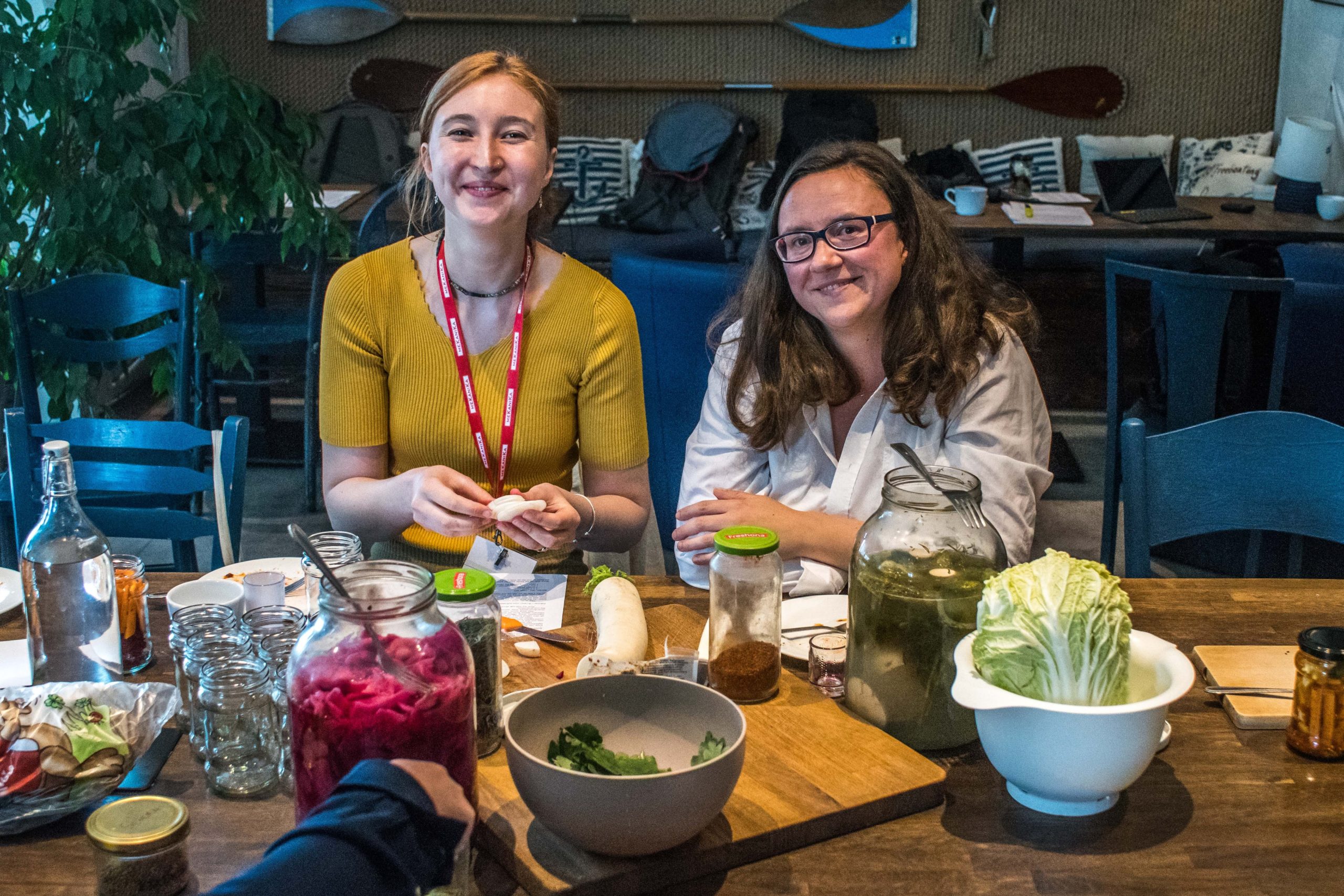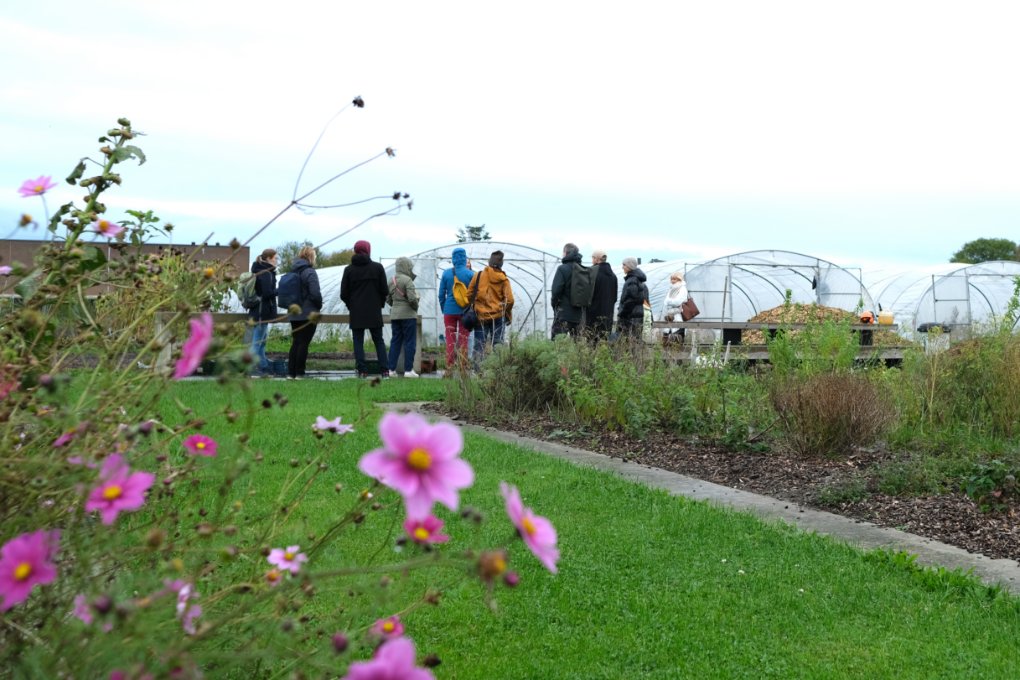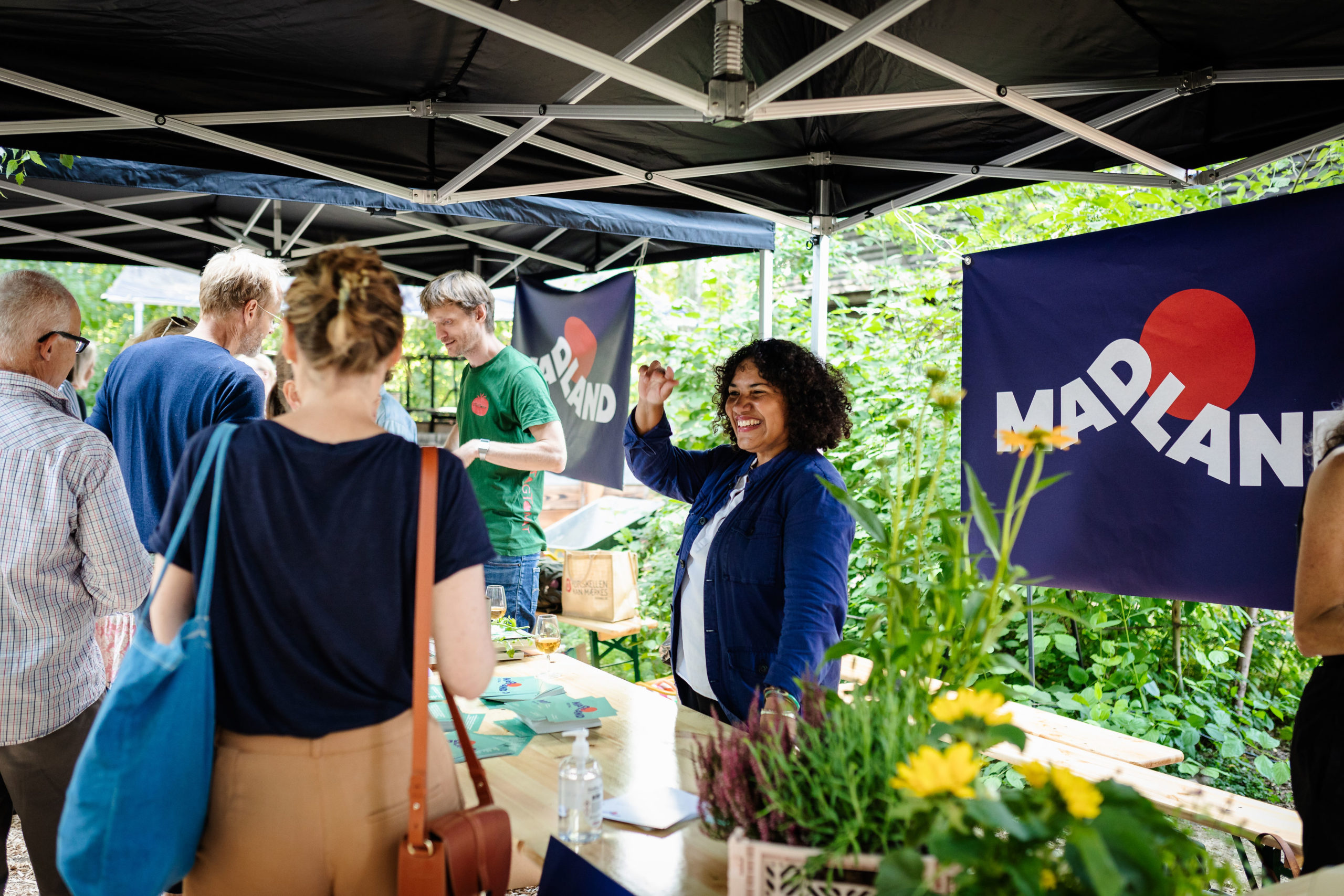Driving change in food policy and practice at a local level – workshop blog
16 October 2023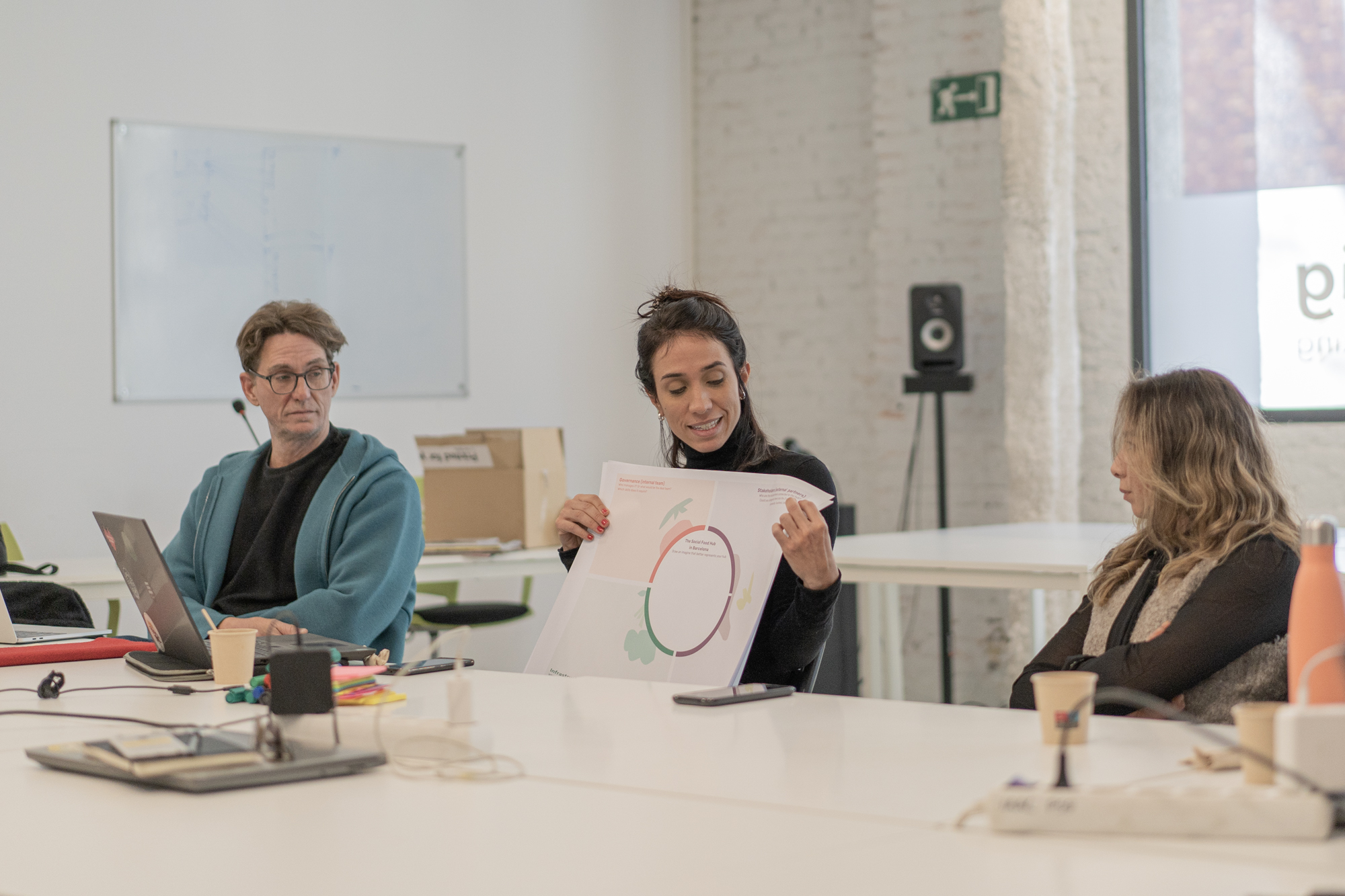
‘Keep doing what you’re doing’.
This was a clear message to those working to transform food systems participating in the Driving change in food policy and practice at a local level workshop on 4th October. It will take time, require commitment and a long-term view but by patiently working together to build relationships and connections and by ‘pushing where the door is already a bit open’ you can have an important impact on local food policy.
The online workshop was the fourth and final workshop in the FoodSHIFT2030 programme organised by Sustain and facilitated by Food Matters. It was well-attended and lively as participants shared experiences, challenges and learning from the different food movements they are involved in. To set the scene participants were encouraged to consider food policy as not only specific policies on (e.g.) food procurement, school food provision and food production, but also wider policies that have a food dimension, including waste, tourism, local economy and health, as well as overarching strategies such as climate action, poverty and sustainable development. The session acknowledged that the food policy environment is complex, sometimes incoherent and often involves trade-offs between conflicting agendas and interests. However, food system partnerships, living labs or collaborations focused on the whole food system may be the most effective way to cut across agendas and make sense of confusing policies.
Small group sharing discussions, using a Google JamBoard to document comments, encouraged the active participation from those attending the session. This was followed by a facilitated conversation between 3 panelists with a wealth of experience of food policy work in different locations and at different scales:
- Anne Palmer from the US Food Policy Networks project, John Hopkins Centre for a Liveable Future
- Heloise Balme from the Bristol Food Network in the UK, and
- Luke Schafer from the University of Copenhagen and the FoodSHIFT2030 project
Key comments from participants in the opening group discussion included:
- Strong female leadership is needed – food policy is often made by ‘men in suits’ without a strong cultural connection to food
- Food policy needs to benefit local communities – keep true to grass roots interests
- Food policy needs to attempt to meet multiple agendas
- Build collaborative relationships across food systems to provide a stronger collective voice
- Build trusted relationships with those who determine policy locally
- Link up different food actors/stakeholders/themes across food systems
- Facilitators, coordinators or convenors are needed to achieve this
The panel conversation built on these emerging themes and provided more specific examples and suggestions of what works when trying to influence local food policy. The conversation acknowledged recent changes in food policy associated with the Covid 19 pandemic and how it highlighted the intertwining of food systems with other systems – in the US this has led to a more participatory and representative policy development approach. Equally the climate crisis has led to values-based food procurement policies and contract criteria including environmental sustainability that resonate in the UK with food included in carbon reduction plans. Health agendas and raising levels of obesity, particularly around junk food and its promotion have also come to the fore in the UK.
When considering routes and approaches to influence local food policy the panelists built on the initial discussions and highlighted the following lessons from their experience:
- Be patient – it takes a long time
- Push where the door is already a bit open
- Acknowledge local government priorities and synchronise with them where possible
- Recognise that you are valuable to policy makers
- Identify policies with multiple benefits across multiple agendas and focus on these
- Establish multi-actor networks (partnerships, alliances, collaborations, living labs etc.)
- Agree collectively on your common food policy aims
- Facilitate, coordinate and convene these groups and networks – e.g. the FoodSHIFT Living labs model adopts a: Leader, Host and Assistant structure (see FoodSHIFT2030 resources and forthcoming Policy Brief)
- Seek and push for funding of dedicated food roles within local government
- Facilitate peer support and learning between networks
- Represent diverse voices and communities to ensure policies meet communities’ needs on the ground
- Embed relationships with local government that aren’t reliant on particular individuals (who may leave)
Finally, the FoodSHIFT2030 coordinator, Christian Bugge Henriksen, summed up and celebrated the impact of the four-year FoodSHIFT2030 programme. He recognised its huge impact supporting innovators in food system transformation solutions and in creating a framework for knowledge sharing, citizen empowerment and representation in the governance of food systems in cities. This will be celebrated at the FoodSHIFT Policy Conference in Brussels 26th October 2023. The Policy Brief and Living Lab Guidelines will bring much of the learning together and the good work will continue through: FoodSHIFT+; the Food2030 networks; the project collaboration network; and the connected lab network.
Remember – keep connected through the FoodSHIFT+ email forum
and… keep doing what you’re doing!
Ben Messer – Food Matters
Workshop Facilitator
